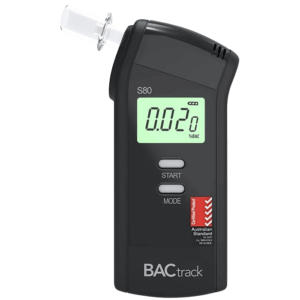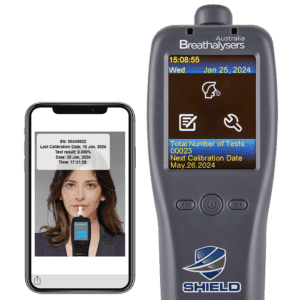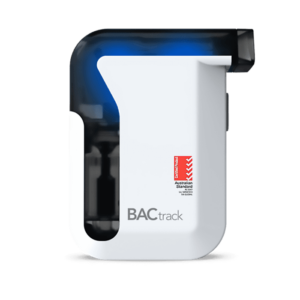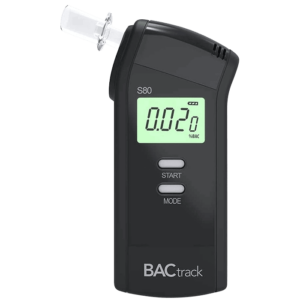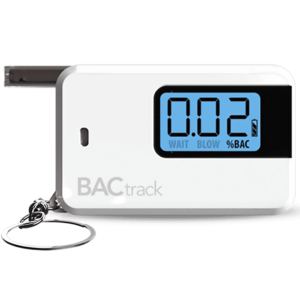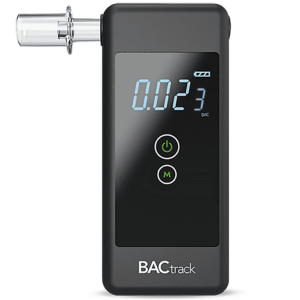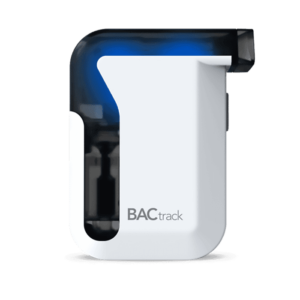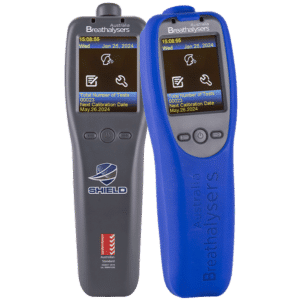Drug Testing Christchurch: Overview, Testing Methods, and the Testing Procedure
22 February, 2024

Drug testing in Christchurch is an essential practice for many employers and organisations. This procedure aims to identify individuals who may be using illegal drugs or are posing safety risks due to impairment. By detecting illicit substances in the system, companies can take immediate action to prevent accidents or provide interventions. This is possible through various testing methods, such as urine, saliva, and hair analysis. It is a dual-step process involving screening and confirmation of results.
Various industries deal with the effects of illicit drugs and alcohol. It can lead to severe impairment in perception, reasoning, and coordination, increasing the risk of accidents. This is crucial in safety-sensitive positions like driving heavy vehicles or operating equipment. Therefore, these organisations implement workplace drug testing through a policy. This article will provide an overview of drug testing, different methods, and implementation guidelines of the procedure.
Overview of Drug Testing in Christchurch
Drug testing is the process of analysing biological specimens to detect the presence of drugs and alcohol in the system. It aims to prevent untoward incidents, promote safety, and deter substance abuse. Although it is not mandatory in all workplaces, drug testing in Christchurch is becoming more common as a proactive measure against the hazards of illegal drugs.
Screening for drug and alcohol abuse takes place in various circumstances. One of the valuable applications is during pre-employment to determine if a job applicant is using drugs before hiring them. Thus, employers can decide to hire the most suitable candidate. Additionally, random testing is carried out to maintain a drug-free workplace environment. Employees are less likely to use dangerous substances, knowing they can be tested anytime.
Moreover, post-accident testing is important to determine if substance use was a contributing factor to the incident. Lastly, for-cause testing is essential when there are observable signs or reasonable suspicion or impairment in an employee. These initiatives help employers manage preventable hazards and maintain high productivity in the long run.
Importance of Testing in Various Settings
- Risk management: Identify individuals who are under the influence of drugs and take appropriate measures to prevent drug-related accidents.
- Assessing patients: Monitor patients in healthcare or rehabilitation settings to ensure they are not abusing substances that can interfere with their treatment or care.
- Legal compliance: Comply with industry regulations and standards by implementing drug and alcohol testing policies to protect the welfare of employees and the public.
- Maintain productivity: Ensure a drug-free workplace environment where employees can focus and perform their duties effectively.
- Probation monitoring: Ensure individuals under probation or parole comply with the court terms, including abstaining from drugs and alcohol.

Different Methods for Drug Testing in Christchurch
Various methods are available when conducting drug testing in Christchurch. Knowing the advantages and limitations of each type can help determine the most appropriate procedure. One common method is urine testing. It is relatively easy to administer, non-invasive and can provide rapid results. Urine drug test kits are available at affordable prices, making them a cost-effective option.
Another method is saliva drug testing. This involves the analysis of oral fluid or saliva samples to detect common drugs of abuse. It has a shorter detection window, typically within the past 24 to 48 hours. Hence, it is suitable for determining recent use. Conversely, hair follicle testing is ideal for checking if a person has substance use disorders. The detection period of 90 days provides a comprehensive overview of long-term consumption use or patterns.
In addition, breath alcohol testing is a standard procedure for detecting alcohol impairments. It uses a breathalyser device that analyses the breath sample to measure the blood alcohol levels or intoxication degree. Lastly, blood testing is a method of examining small blood samples. This test provides the most accurate results but is also the most intrusive procedure.
Substances that Can be Detected
Most drug screening includes marijuana, cocaine, amphetamines, opioids, and benzodiazepines. They are the common substances that factor in numerous workplace or road accidents. Additionally, the misuse of these drugs has a high potential for addiction, overdose, and other health risks. Specifically, marijuana testing includes THC (tetrahydrocannabinol), which is the active component in cannabis that causes impairment.
Amphetamine-type substances include methamphetamine and MDMA or ecstasy. Cocaine testing looks for metabolites like benzoylecgonine. Furthermore, opioids like heroin, morphine, and codeine are commonly screened for due to the high tendency for abuse and adverse effects. Finally, testing for alcohol and its metabolites can help determine alcohol abuse.

Procedure for Drug Testing in Christchurch
Organisations conducting drug testing in Christchurch follow a specific procedure to ensure the reliability and validity of the test. It involves a few key steps, including the collection of samples, analysis, and interpretation of results. In the first step, individuals provide biological specimens and submit them to a collection officer.
The second step is analysis. This may involve immunoassay screening at the point of collection or sending the samples to a laboratory. It is vital to follow the strict chain of custody protocols to prevent tampering or contamination of the samples. This includes proper documentation, labelling, storage, and transport of the specimens.
Finally, interpreting the results will depend on the type of test. Rapid test kits may involve comparing a test strip to a chart, such as colour changes or line indicators. Meanwhile, laboratory professionals often analyse and explain the detailed findings to their clients. If drugs are present, the report outlines the specific substance and their concentration levels. Additional testing is necessary to confirm the results if a preliminary test is non-negative.
What Happens After a Positive Result?
A positive drug test result can have several consequences. In workplace drug testing, the employee may face a written warning or suspension, depending on the severity of the situation. Moreover, the consequences of testing positive for drug use may depend on specific company policy. It can also have legal implications, especially if accidents and injuries occur.
Organisations may also require employees to undergo rehabilitation programs or counselling to address substance abuse issues. This allows individuals to overcome their addiction and return to their jobs after making a full recovery. On the other hand, repeat violators may face termination of employment.
Conclusion
Drug testing in Christchurch is one of the safety measures that individuals and workplaces utilise to ensure safety. It aims to detect substance use and impairment, which can lead to accidents and other negative consequences. Likewise, it helps deter substance abuse from proliferating. The test involves various procedures, including urine, saliva, breath, hair, and blood sampling. Each type has varying detection windows and accuracy rates. Therefore, knowing these factors is important to make informed decisions.
The test procedures follow specific steps to ensure their accuracy and reliability. This can help prevent possible sample contamination that can lead to false results. Furthermore, laboratories perform rigorous methods to validate the test and provide detailed reports to clients. In the event of a positive result, individuals may face serious consequences, such as suspension or termination. With these measures, drug testing plays a significant role in maintaining a safe and healthy environment.



















